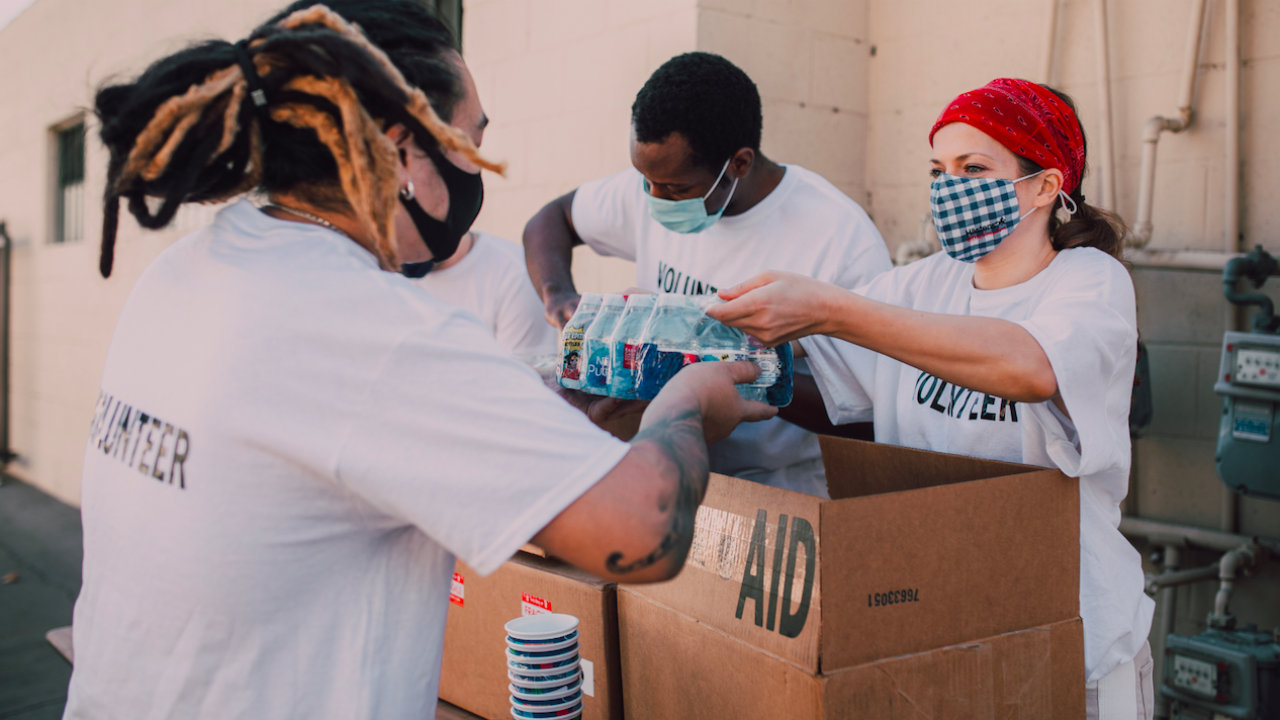Making it count: how your donations are spent during disaster response
When disaster strikes, we often see the best of humanity; with people coming together to do what they can to support those in need and those on the frontline. When we can’t donate our time or skills, the best thing we can do is donate money to organisations that are on the ground doing the work. Knowing which organisation to donate to can be a tricky decision to make because not all donations are spent the same.
This is an important thing to note— and something to make people aware of— because the lack of public understanding of how donations are allocated and spent caused serious PR problems for frontline organisations during the 2020 bushfires, that prevented the public from supporting those most in need.
There tends to be a misconception that when you donate money to a charity, that charity is going to give your money to those in need. But that’s not how it works.
Different stages & roles in disaster response
Different organisations and charities perform different roles in disaster response, so any donations are spent according to what is needed for each organisation to best fulfil their role.
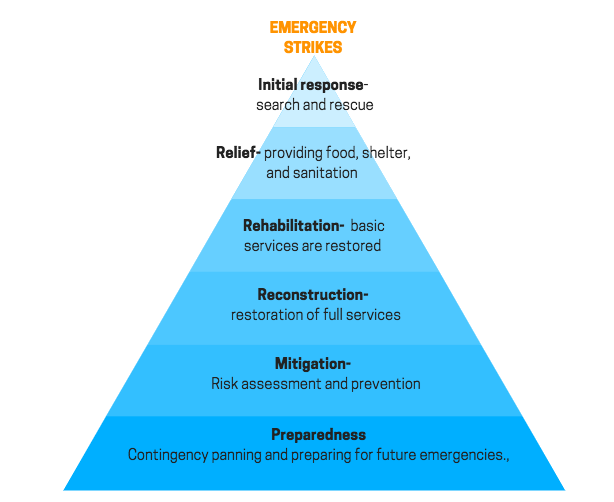
While some organisations are involved in the initial response, with search and rescue efforts, other actors are there to support relief, rehabilitation, or reconstruction efforts.

If you would like to support initial response efforts during a disaster, and support those who are rescuing people that have been affected, donate to organisation like the State Emergency Services (SES), or rural firefighters.
Not everyone needs to be rescued during a disaster, others will need to be evacuated from their homes, or be provided with emergency accommodation. Disaster relief efforts, such as providing people with shelter, beds, meals, medical aid, and support during a crisis can be costly.
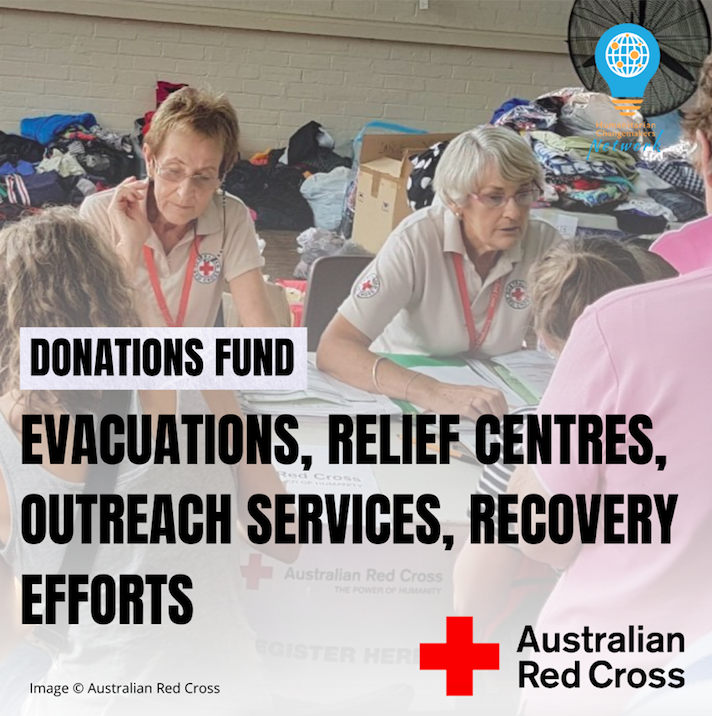
If you want to support these evacuations, outreach, and relief centres, donate to organisations like the Australian Red Cross.
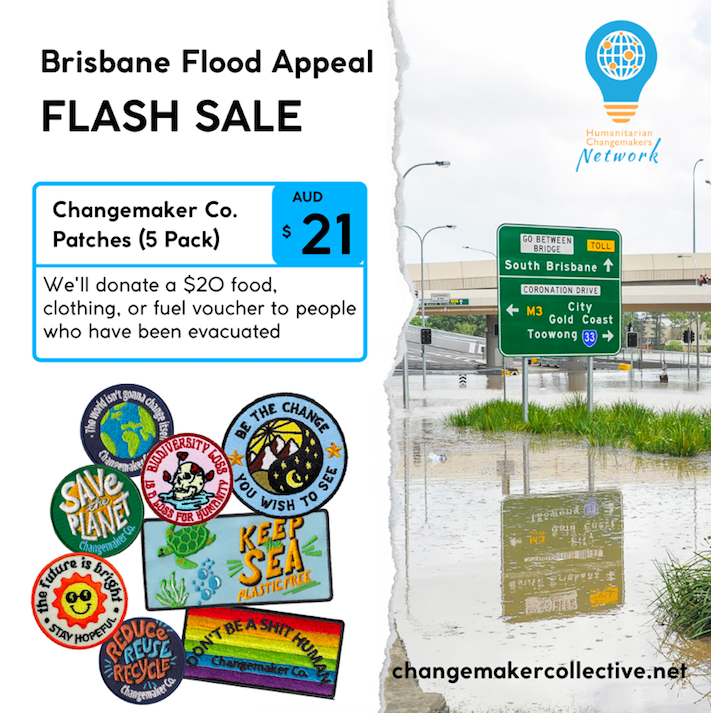
People rarely receive money
During a disaster, people who have been affected will rarely receive cash themselves. If they need to buy clothing, food, fuel, or essential items, they might receive these items directly, or be given vouchers. This isn’t necessarily a bad thing— vouchers ensure that donations are actually being spent on the items that are needed, and organisations often have partnerships with local businesses or big corporations that allow them to buy in bulk or provide items to people that are needed but at a much more affordable rate than if individuals had purchased them for themselves.
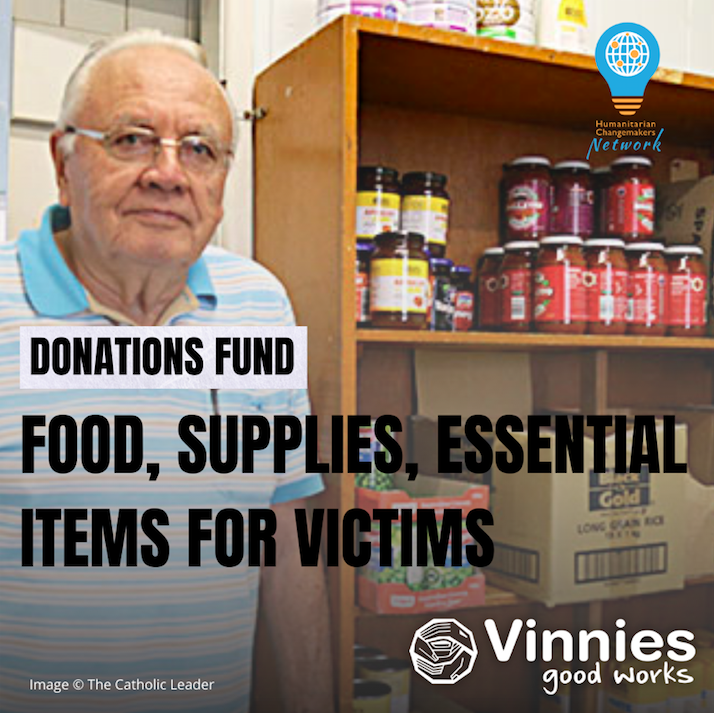
If you want to support people who are trying to rebuild their lives during or after a disaster, Vinnies volunteers provide food, clothing and furniture, as well as other material and financial assistance.
Unrequested donations hinder recovery efforts
Sometimes you might think that items you have lying around your house could be going to good use, but more often than not, unwanted items only make recovery harder. Individuals and organisations know what they need, and they will request it. What’s worse, is when people see disasters as an opportunity to “donate” their old junk. It’s surprising to hear stories of the “donations” people receive after a disaster that are unusable, ranging from rotten food and clothing that is damaged to broken kitchen goods and toys. The rule is simple: if you wouldn’t want to receive it yourself, or if they don’t need it, don’t give it.
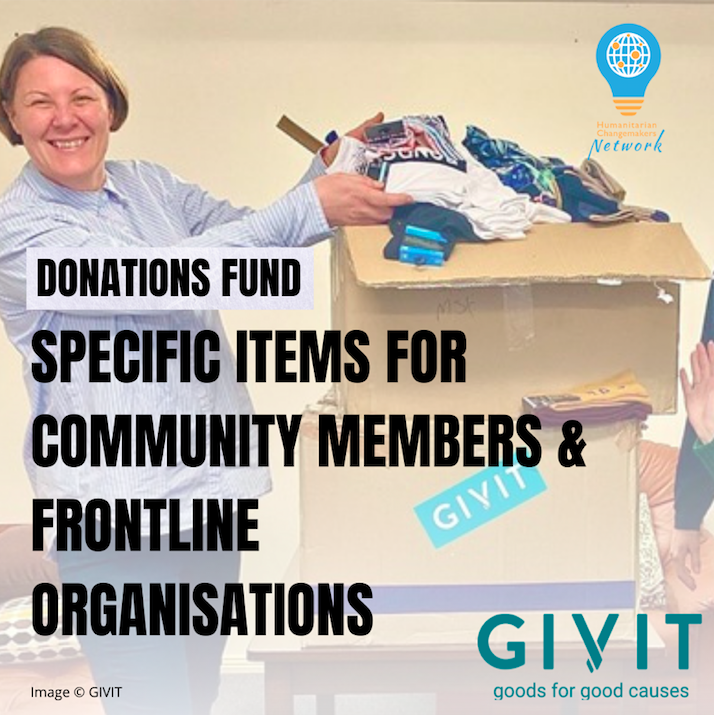
If you would like to donate specific items to individuals, families, or organisations working with communities on the frontline, GIVIT is a great organisation that publishes specific items that are needed. You can choose to donate the item if you have it, or fund the specific item yourself. If possible, it’s often better to fund the item during a crisis so that those affected can shop locally and support small businesses.

